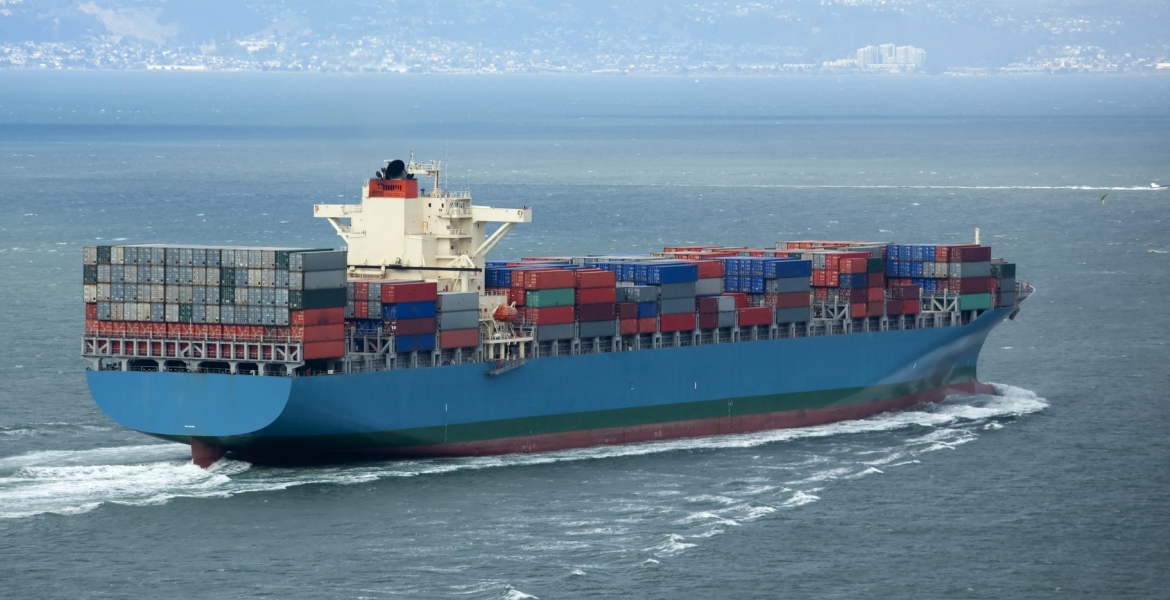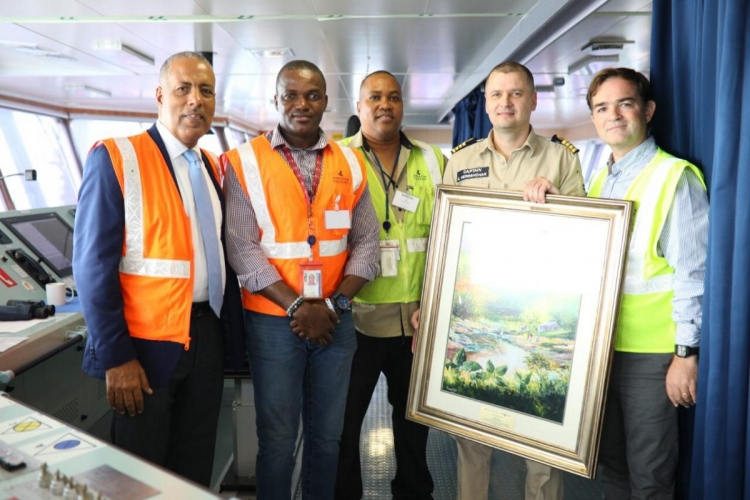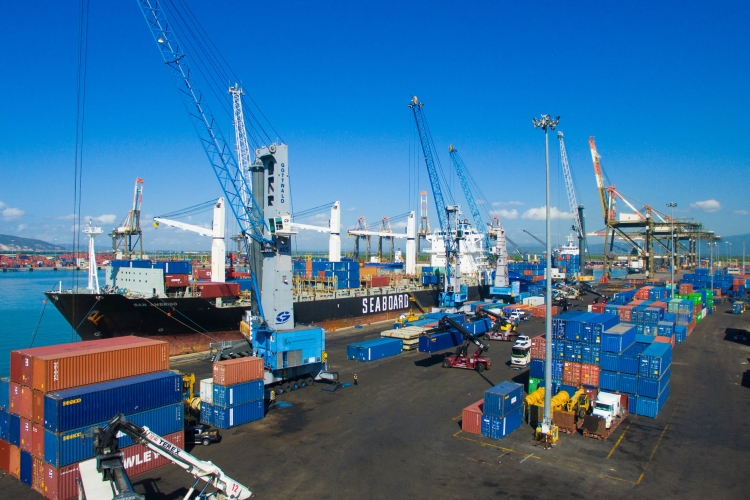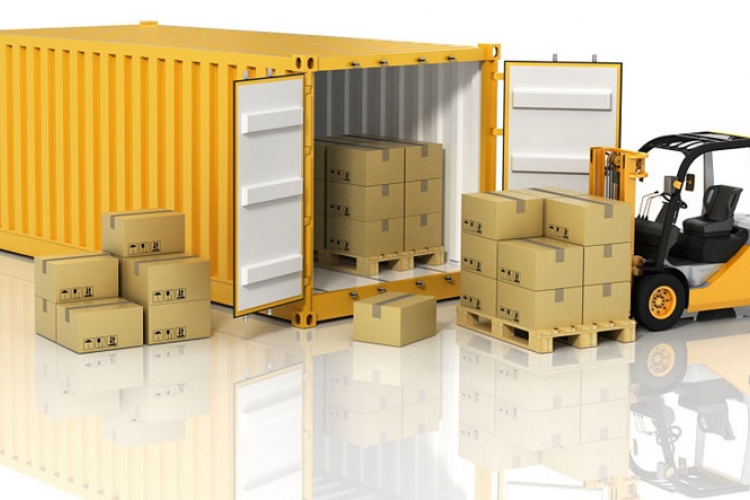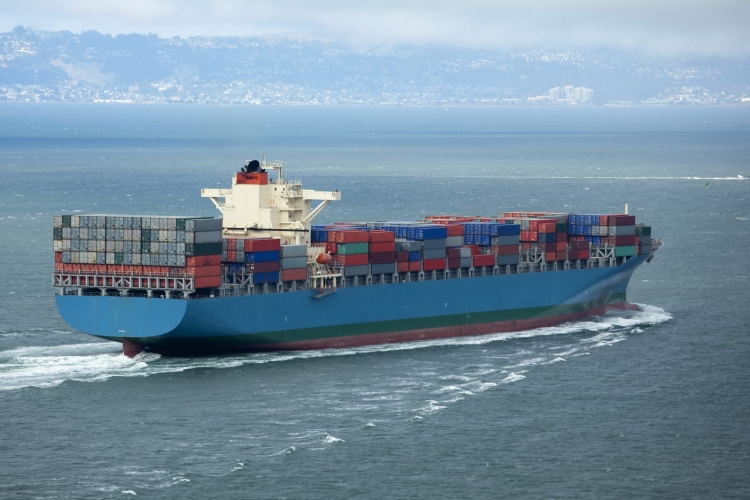DIFFERENCE BETWEEN NVOCC AND FREIGHT FORWARDER
Is there any difference between a freight forwarder and NVOCC? Who is a freight forwarder? How NVOCC works? How NVOCC differs from a freight forwarder. This is a common question in international trade.
In this article let us discuss about the difference between a freight forwarder and adn NVOCC.
The definition and act of a freight forwarder and NVOCC is described by government of various countries differently. The legal obligations to government, clients and public vary from country to country for an NVOCC and a Freight forwarder.
The NVOCC means Non-Vessel Operating Common Carrier.
A Non vessel operating common carrier is a cargo consolidator who does not own any vessel, but acts as a carrier legally by accepting required responsibilities of a carrier who issues his own bill of lading (or airway bill), which is called House bill of lading under sea shipment and House airway bill under air shipment.
Activities between a NVOCC and a freight forwarder are similar to each other except some differences.
An NVOCC need not be an agent or partner of a freight forwarding company, where as a freight forwarding company can act as a partner or agent for an NVOCC.
Basically speaking, NVOCC acts a ‘carrier to shipper’ and ‘shipper to carrier’.
NVOCC can own and operate their own or leased containers. NVOCC acts as a virtual carrier and accepts all liabilities of a carrier legally, in certain areas of operation.

